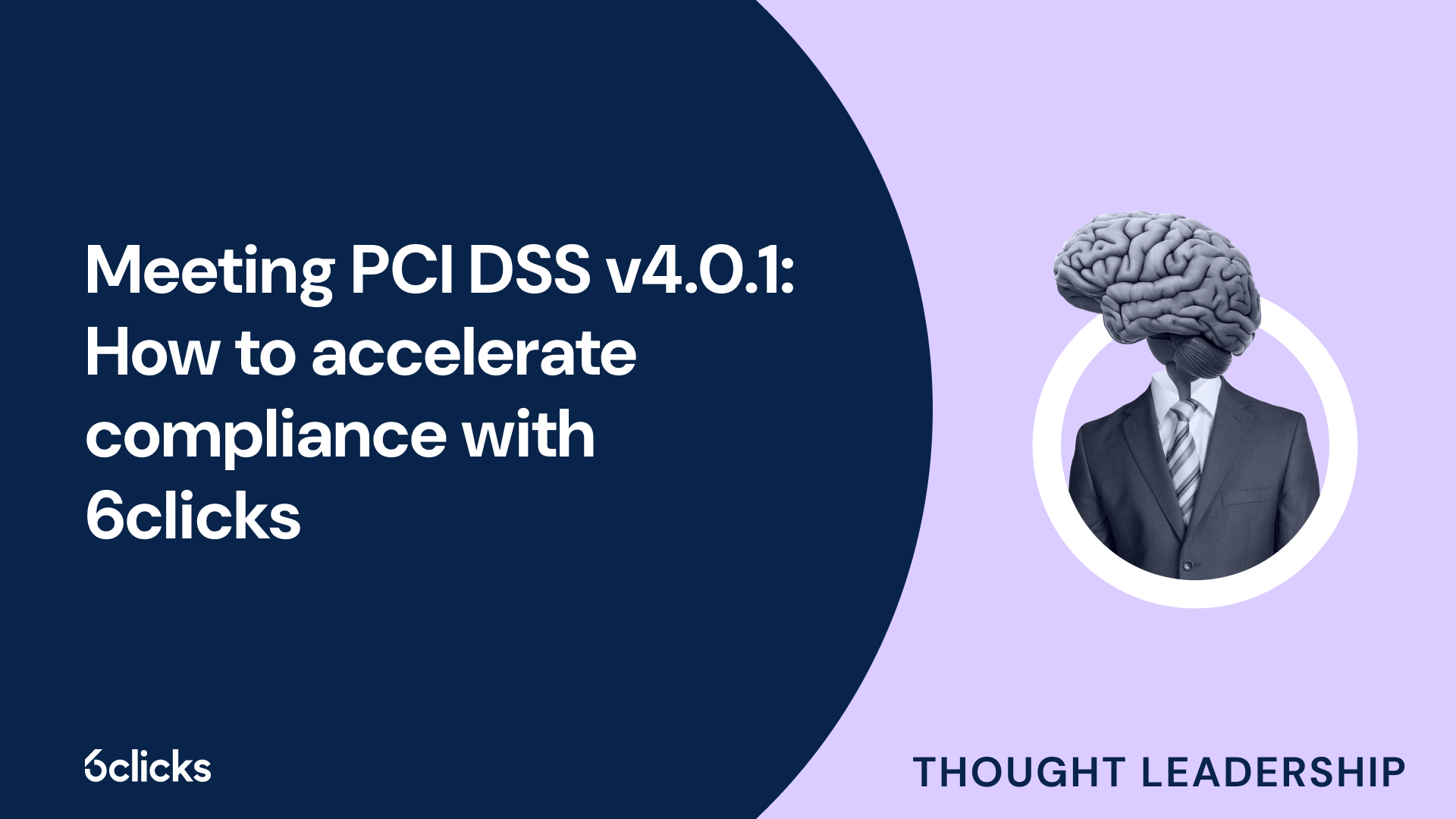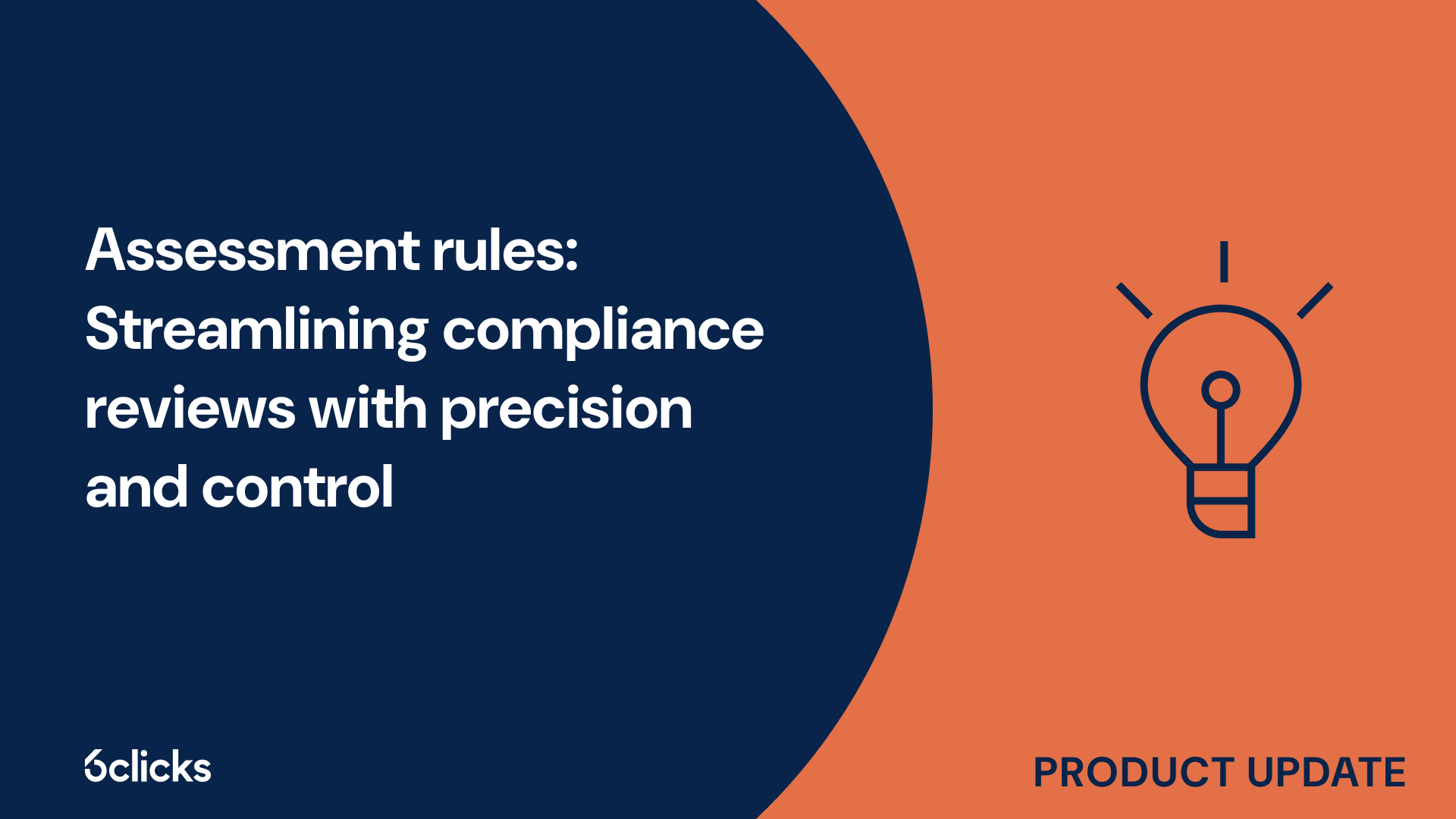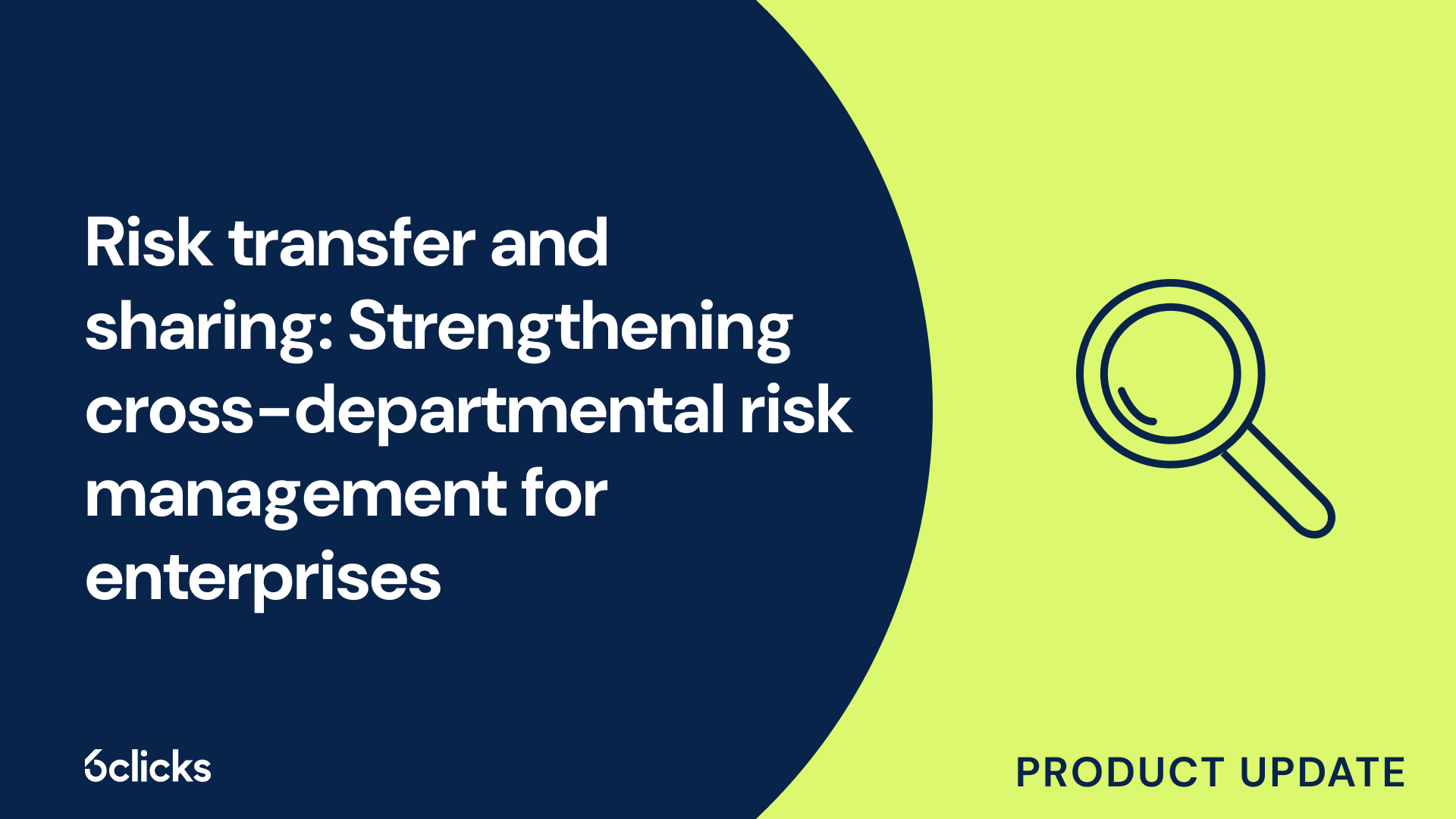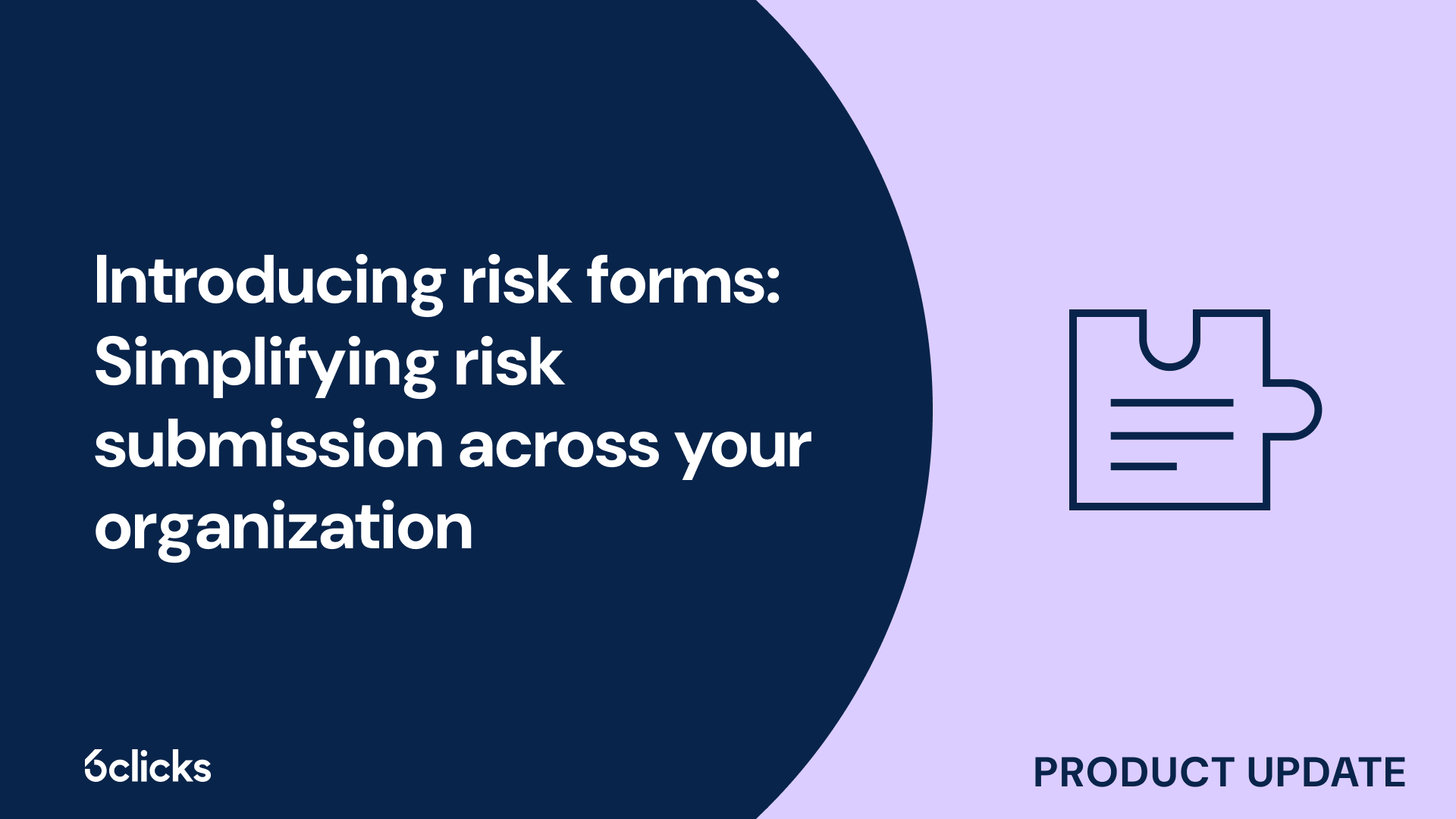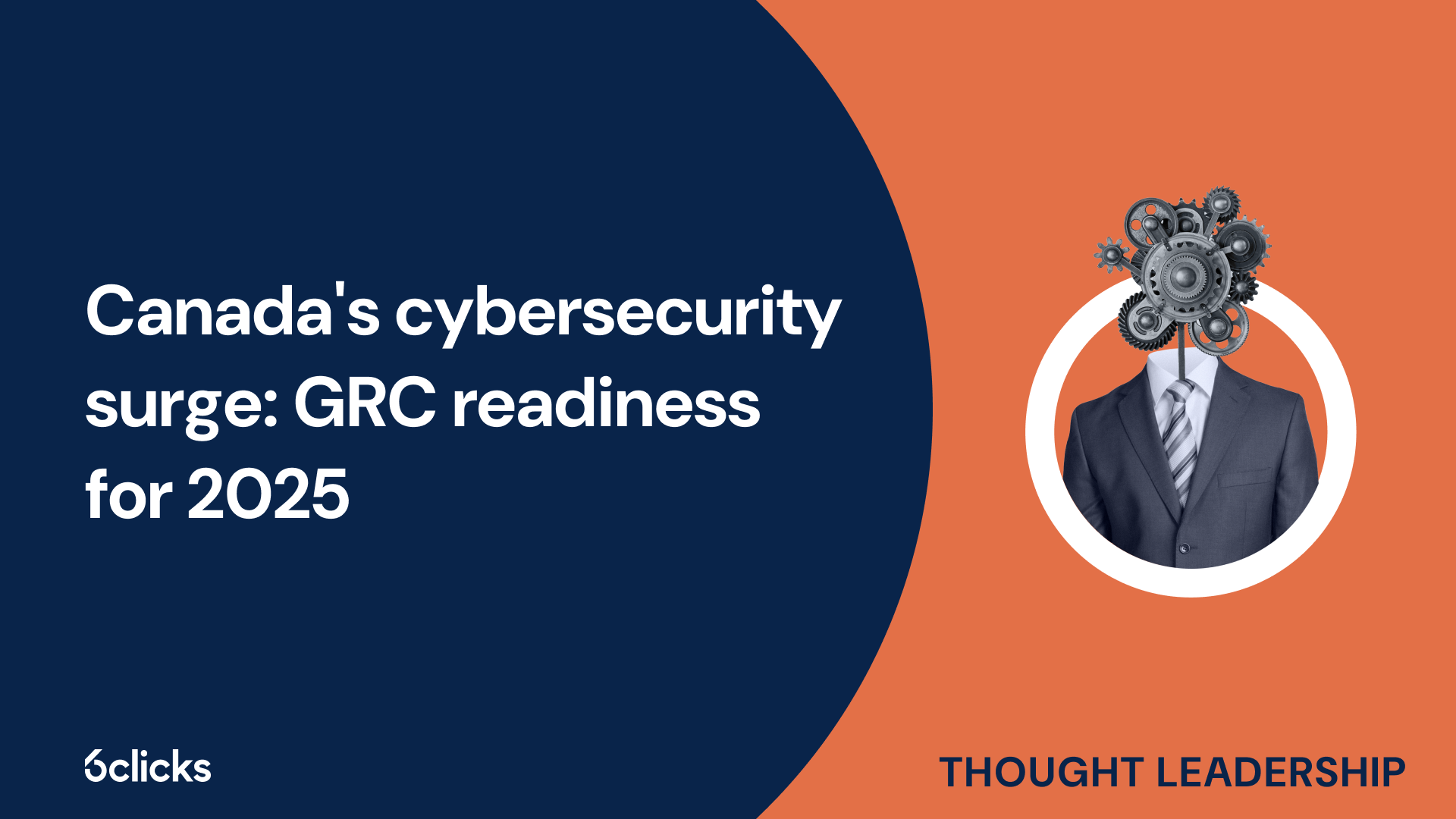UK Cyber Essentials Expert Guide
Get the UK Cyber Essentials Expert Guide ebook for insights on cybersecurity compliance, protecting your business, and achieving certification success. Download now!
-1.png?width=200&height=249&name=Group%20193%20(1)-1.png)
UK Cyber Essentials Expert Guide
What is ISO 27001?
ISO 27001 is an international standard for information security management systems (ISMS). It provides a systematic approach for managing information security risks within an organization and ensures the confidentiality, integrity, and availability of information assets. By implementing ISO 27001, organizations can demonstrate their commitment to protecting sensitive information and mitigating security risks. The standard encompasses various security controls, risk assessments, and regular reviews to ensure that security practices align with business goals and industry best practices. ISO 27001 certification requires organizations to undergo a series of audits and assessments to prove compliance with the standard. Achieving ISO 27001 certification can provide numerous benefits, including improved security measures, reduced security risks, competitive advantage, and enhanced customer trust. It also helps organizations avoid costly security breaches and reputational damage by establishing a culture of continual improvement and independent verification.
Benefits of ISO 27001 certification
ISO 27001 certification offers numerous benefits for businesses seeking to protect their information assets and mitigate security threats. By implementing the ISO 27001 standard, organizations are able to establish an effective information security management system (ISMS) that safeguards business data and client information. This certification enables businesses to identify and assess security risks, implement security controls, and develop a risk treatment plan to address potential vulnerabilities.
One of the key benefits of ISO 27001 certification is that it helps businesses gain trust and assurance from their clients and stakeholders. The certification demonstrates a commitment to maintaining the confidentiality, integrity, and availability of information, which is crucial in building strong relationships with clients. It also provides assurance that the organization has undergone external audits, confirming that their security practices meet international standards.
Furthermore, ISO 27001 certification can provide a competitive edge in the market. With the increase in security incidents and costly data breaches, customers are seeking service providers that can ensure the security of their information. By being ISO 27001 certified, businesses can differentiate themselves from competitors and attract new clients who prioritize information security.
Security management system requirements
Security management system requirements are an essential component of ISO 27001 certification. These requirements outline the necessary elements needed to establish and maintain an effective Information Security Management System (ISMS). Implementing these requirements ensures that organizations have appropriate security controls in place to protect their information assets from various security threats and risks. This includes conducting regular risk assessments, developing a risk treatment plan, implementing security measures, and establishing security policies and processes. Adhering to these requirements not only helps organizations mitigate the potential impact of security incidents but also demonstrates their commitment to protecting sensitive information. By meeting these requirements and achieving ISO 27001 certification, businesses can enhance their security practices, mitigate risk, and gain a competitive advantage in the market. It also allows them to meet customer expectations, attract prospective customers, and maintain a high level of trust and confidence in their information security management capabilities.
Risk assessments
Risk assessments play a crucial role in the ISO 27001 certification process. They help organizations identify and assess security risks associated with their data assets. The assessment process involves several steps.
Firstly, organizations need to identify their data assets, which include electronic and physical copies of sensitive information. These assets are then ranked based on their value and level of risk they pose to the organization if compromised. This ranking helps organizations prioritize their security efforts and allocate resources accordingly.
A risk-based approach is used to identify and evaluate potential security risks. This involves analyzing threats and vulnerabilities that could impact the confidentiality, integrity, and availability of data assets. By considering the likelihood and potential impact of these risks, organizations can assess their overall risk exposure.
Once risks are identified, appropriate management strategies, resources, and priorities need to be identified. This involves determining the best ways to mitigate or treat the risks, whether through implementing security controls, transferring risk through insurance, or accepting the risk. It is crucial for organizations to align their risk management strategies with their business goals and objectives.
By conducting risk assessments, organizations can gain a better understanding of their security risks and vulnerabilities. This knowledge allows them to proactively address potential weaknesses in their security practices, reducing the likelihood of costly security breaches and reputational damage. Ultimately, risk assessments help organizations achieve ISO 27001 certification by ensuring they have robust security measures in place to protect their data assets.
Security controls
Security controls form a crucial part of an ISO 27001 certified system, ensuring the effectiveness of information security management and mitigating risks associated with security threats and breaches. These controls are designed to safeguard the confidentiality, integrity, and availability of sensitive data.
Key security controls required in an ISO 27001 certified system include:
- Access control: Implementing measures to prevent unauthorized access to information assets.
- Encryption: Protecting data by converting it into a format that can only be accessed with an encryption key.
- Incident response management: Establishing procedures to effectively respond to and manage information security incidents.
- Network security: Safeguarding networks against unauthorized access, disruptions, and attacks.
- Physical security: Implementing measures to secure physical infrastructure, data centers, and premises.
- Backup and recovery: Ensuring appropriate backup and recovery procedures are in place to prevent data loss or damage.
- Security awareness and training: Educating employees on security practices and promoting a culture of security consciousness.
- Supplier and third-party management: Assessing and managing the security risks associated with third-party access to information assets.
- Vulnerability management: Conducting regular scans and assessments to identify and address vulnerabilities in the system.
By implementing these security controls, organizations can protect sensitive information, meet regulatory requirements, and demonstrate their commitment to information security. This proactive approach helps mitigate the risk of security threats and costly breaches, ensuring a resilient and secure environment.
Security policies
Security policies are an essential component of ISO 27001 certification and play a crucial role in strengthening an organization's approach to information security. These policies establish a framework for the organization's security practices and help ensure that information assets are protected from security threats and risks.
In the context of ISO 27001 certification, security policies outline the organization's overall approach to information security. They provide guidance on how to effectively manage security risks and establish a culture of security consciousness. These policies cover a wide range of areas, including access control, incident response, network security, physical security, and supplier management.
By implementing robust security policies, organizations can strengthen their approach to information security across the three pillars of cyber security: people, processes, and technology. Security policies educate employees on security practices, ensuring they are aware of their roles and responsibilities in protecting information assets. They also establish processes and procedures that promote secure practices and enable effective incident response management. Additionally, security policies guide the implementation of appropriate technological controls to safeguard information assets.
Regular reviews
Regular reviews play a crucial role in maintaining ISO 27001 certification. These reviews are necessary to ensure ongoing compliance with the standard and to identify any areas of improvement or non-compliance.
ISO 27001 certification is not a one-time event but rather an ongoing process. It requires organizations to continuously monitor and evaluate their information security management systems (ISMS) to ensure they meet the requirements of the ISO 27001 standard.
Regular reviews help organizations stay on track with their certification by providing an opportunity to assess the effectiveness of their security controls, policies, and procedures. These reviews allow organizations to identify any gaps or weaknesses in their ISMS and take corrective actions to address them.
During regular reviews, various types of reports and documentation need to be reviewed. This can include incident reports, risk assessments, internal audit reports, and management review minutes. These reviews ensure that all necessary documentation is up to date, accurate, and compliant with the ISO 27001 standard.
By conducting regular reviews, organizations can demonstrate their commitment to information security and maintain their ISO 27001 certification. These reviews help organizations identify and address any issues or non-compliance, ensuring that their ISMS remains effective in mitigating security risks and protecting their information assets.
Annual surveillance audits
Annual surveillance audits are a key aspect of ISO 27001 certification and play a crucial role in ensuring that organizations maintain a robust information security management system (ISMS). These audits act as a continuous monitoring mechanism to assess the ongoing effectiveness of an organization's security controls, policies, and procedures.
During annual surveillance audits, external auditors review various elements of the ISMS to ensure that it continues to meet the requirements of the ISO 27001 standard. This includes evaluating the organization's risk assessments, incident reports, internal audit findings, and management review minutes. By conducting these audits on a yearly basis, organizations can identify any gaps or weaknesses in their ISMS and take corrective actions to address them. This ensures that the organization's security practices and processes remain effective and up to date.
One of the significant benefits of ISO 27001 certification is that it reduces the need for frequent customer audits. By obtaining ISO 27001 certification, organizations demonstrate their commitment to information security. This gives prospective customers confidence that the organization has implemented robust security measures and processes. As a result, customers are less likely to request additional audits of the organization's security practices, saving time and resources.
Cost considerations for ISO certification process
Obtaining ISO 27001 certification is a valuable investment for organizations aiming to enhance their information security management systems. While the benefits of certification are undeniable, it is crucial to consider the costs associated with the certification process. These costs include the expenses related to implementing the necessary security controls, conducting internal audits, and undergoing certification audits by external auditors. Additionally, organizations must factor in the costs associated with staff training and the continual improvement of their security practices and processes. Although the certification process may involve financial resources and time commitments, the return on investment can be significant. ISO 27001 certification not only helps prevent costly security breaches and reputational damage but also provides a competitive advantage and instills confidence in prospective customers. Evaluating the costs against the potential benefits is essential in determining whether ISO 27001 certification is worth it for an organization's specific circumstances.
Certification costs
Certification costs are an important consideration for organizations considering ISO 27001 certification. These costs can vary depending on several factors, including the size and scope of the organization, the complexity of its information security management system (ISMS), and the duration of the audits.
The initial audit and certification audit fees are necessary expenses for achieving ISO 27001 certification. These fees cover the cost of an external auditor assessing the organization's ISMS against the requirements of the standard. Additionally, organizations should budget for surveillance audit fees, which are typically conducted annually to ensure ongoing compliance. Re-certification fees are incurred every few years to maintain certification.
Remote stage 1 audits have the potential to provide cost savings for organizations with digital management systems. These audits allow the initial assessment of the ISMS to be conducted remotely, eliminating the need for auditors to travel to the organization's location. By reducing travel and accommodation expenses, organizations can achieve certification while managing certification costs more effectively.
It's important for organizations to consider the certification costs alongside the numerous benefits of ISO 27001 certification, such as improved security practices, reduced risk of costly security breaches, and increased customer confidence. Ultimately, the decision to pursue ISO 27001 certification should be based on a thorough analysis of the potential return on investment and the organization's commitment to continual improvement in its information security management.
External auditor fees
Obtaining ISO 27001 certification requires undergoing certification audits conducted by an external auditor. These audits assess an organization's Information Security Management System (ISMS) against the requirements of the ISO 27001 standard. While the fees associated with external auditors can vary, they typically range from $10,000 to $50,000 for certification audits.
In addition to certification audits, organizations are also required to undergo surveillance audits to maintain their ISO 27001 certification. These audits ensure ongoing compliance with the standard and typically occur annually. The fees for surveillance audits can range from $5,000 to $40,000.
To help organizations manage these certification costs more effectively, Sprinto provides discounted prices through their approved network of auditors. Starting at $4,999, organizations can benefit from the expertise of auditors within the Sprinto partner network, making ISO 27001 certification more affordable.
Achieving ISO 27001 certification is a valuable investment in enhancing security measures and mitigating risks. While external auditor fees are necessary expenses, they ensure independent verification and provide reassurance to customers and stakeholders about an organization's commitment to robust information security practices. By partnering with Sprinto and their network of auditors, organizations can access cost-effective solutions to achieve ISO 27001 certification and gain a competitive advantage in the marketplace.
Time commitment required to complete the certification process
The time commitment required to complete the ISO 27001 certification process can vary depending on several factors, including the size and complexity of the organization, the capability of the information security (infosec) resources, and the availability of key personnel.
The majority of the time spent in the certification process is typically dedicated to creating the Information Security Management System (ISMS). This involves developing policies, procedures, and controls to ensure the organization's information security meets the requirements of the ISO 27001 standard. The amount of time needed to create an ISMS will depend on the organization's existing security measures and the level of documentation required.
Once the ISMS is in place, the next step is the audit process. This typically takes about a month and involves assessing the organization's compliance with the ISO 27001 standard. This includes reviewing security controls, conducting internal audits, and identifying areas for improvement.
Maintaining ISO 27001 compliance requires ongoing effort. Regular internal audits are necessary to ensure the ISMS is functioning effectively and to identify any potential vulnerabilities or areas of non-compliance. In addition, organizations are also required to undergo surveillance audits to maintain their certification. These audits, which typically occur annually, assess ongoing compliance with the ISO 27001 standard.
Other factors for consideration when implementing an ISO 27001 certified system
When considering the implementation of an ISO 27001 certified system, there are several other factors that organizations should take into consideration. These factors go beyond the initial creation and audit process, and can greatly impact the overall effectiveness and value of the certification. It is important for organizations to understand these additional considerations in order to make an informed decision about whether ISO 27001 certification is worth it for their specific needs and goals.
Business goals and objectives
Aligning the ISO 27001 certification with business goals and objectives can bring significant added value. By implementing the international standard for security management, organizations can achieve business growth, enhance customer trust, and streamline sales cycles.
Firstly, aligning the ISO 27001 certification with business goals and objectives provides a framework for managing security risks and implementing security controls. This helps organizations mitigate security threats, protect intellectual property, and minimize the risk of costly security breaches or reputational damage. By integrating security practices and processes, businesses can ensure compliance with legal and regulatory requirements, gaining a competitive advantage in the market.
Secondly, the ISO 27001 certification can help foster customer trust. Prospective customers often value organizations that demonstrate a commitment to the protection of their information. Being ISO 27001-certified provides assurance that a robust information security management system (ISMS) is in place, reducing customer concerns about the security of their data. This can lead to increased customer loyalty, repeat business, and positive references.
Thirdly, the certification can result in cost savings and efficient processes. By conducting internal audits, organizations can identify areas for improvement and implement a risk treatment plan to address security vulnerabilities. This continual improvement approach helps streamline processes, eliminate inefficiencies, and reduce the likelihood of security incidents. Additionally, the ISO 27001 certification provides a framework for staff training, ensuring that employees are equipped with the necessary knowledge and skills to handle security risks effectively.
Competitiveness advantage in the market place
Obtaining ISO 27001 certification can provide a significant competitive advantage in the marketplace. By showcasing a commitment to robust security measures and aligning with an internationally recognized standard, organizations can gain the trust of stakeholders.
In today's digital landscape, where security threats are prevalent, customers and partners prioritize organizations that prioritize information security. Being ISO 27001-certified demonstrates a proactive approach to protecting sensitive data and reducing the risk of security breaches. This certification serves as proof that an organization has implemented the necessary security controls and practices to safeguard information assets.
This commitment to security not only instills confidence in customers but also positions the certified organization as a trustworthy and reliable partner. It gives reassurance that their data is handled with the utmost care and in compliance with legal and regulatory requirements.
Furthermore, ISO 27001 certification provides a competitive edge by aligning with an internationally recognized standard. This allows organizations to showcase their dedication to maintaining the highest level of information security management practices. It demonstrates that they have undergone rigorous external audits and have a comprehensive security management system in place.


